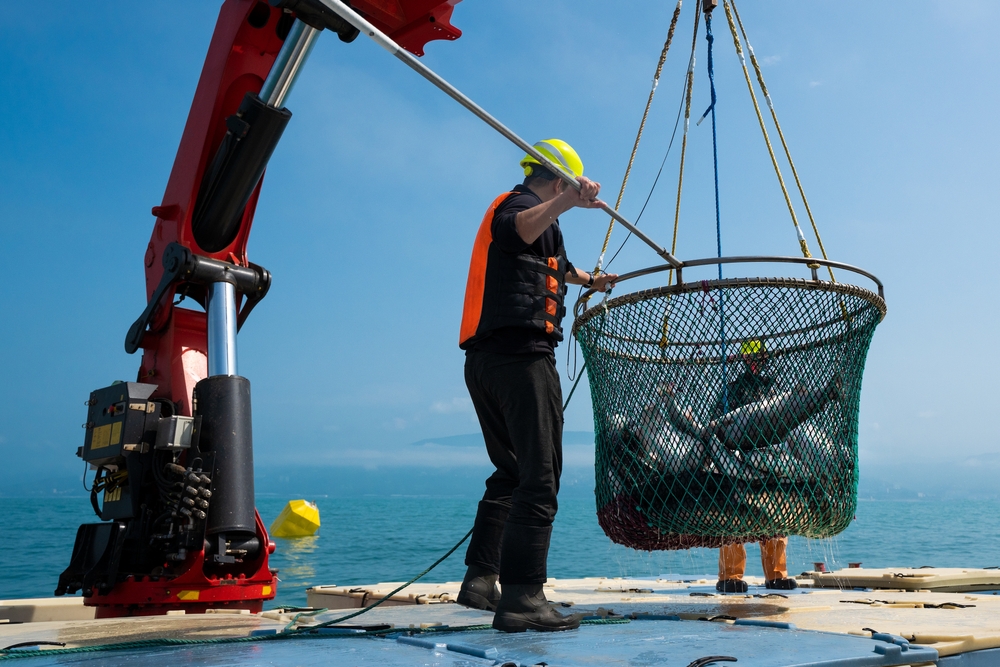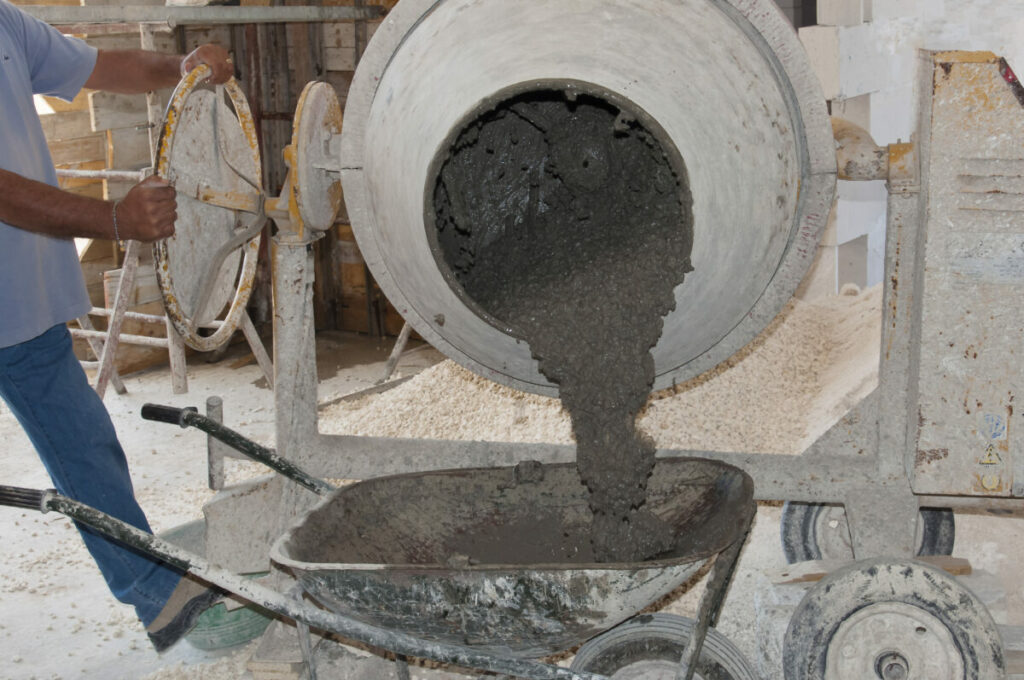The World Benchmarking Alliance (WBA) has found a “concerning” lack of transparency within the seafood industry and its progress towards sustainable commitments.
The WBA published research evaluating 30 global seafood companies, including Cargill, Trident and Mitsubishi.
Out of the 30 companies, only 16% of assessed companies have set credible targets across environmental, traceability and social issues.
Less than a quarter have the ambitious target of sourcing 100% of their seafood from environmentally sustainable sources, and report progress towards this goal.
Subscribe to Sustainability Beat for free
Sign up here to get the latest sustainability news sent straight to your inbox everyday
As illegal, unregulated, unreported fishing contributes to environmental degradation, overfishing and human rights abuses, seafood stewardship index lead Helen Packer said companies’ priority should be assessing risk and impact.
“Understanding impacts however is key to inform decisions towards actions that will lead to a fairer and more sustainable future,” said Packer.
“Businesses should then focus on being able to trace their seafood products from boat to plate, to ensure they are legally caught, ethically produced and environmentally sustainable.”
While a third of these companies – three and a half times more than in 2021 – have started to implement human rights due diligence, most companies still haven’t made progress.
The WBA explained that the industry is a high-risk sector for human and labour rights abuses due to the isolation of workers on fishing vessels at sea and the reliance on vulnerable migrant workers.
“For seafood to truly be part of a sustainable and equitable future, the largest companies urgently need to put people at the centre of their transition to ensure no one is left behind,” the WBA advised.















